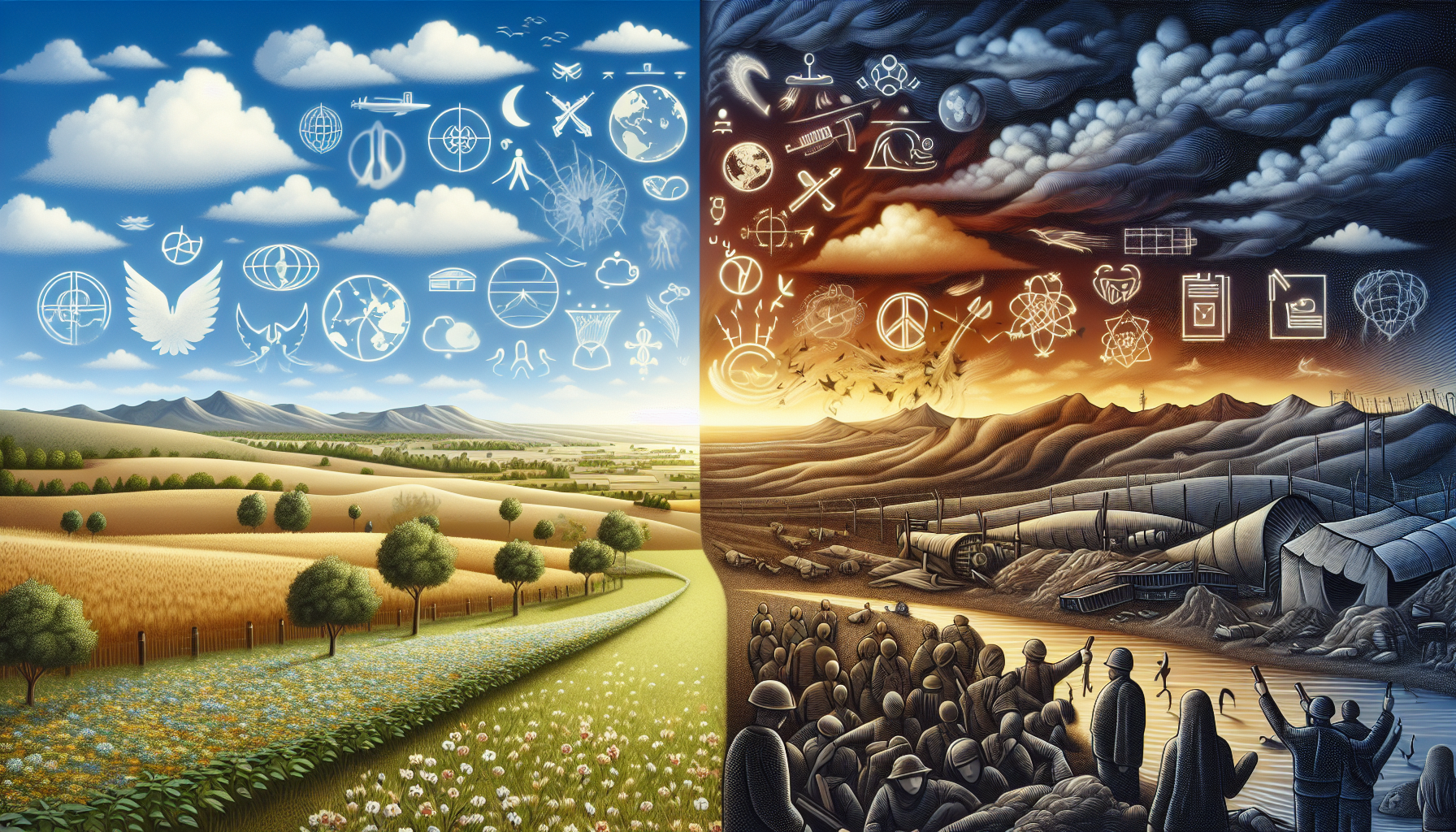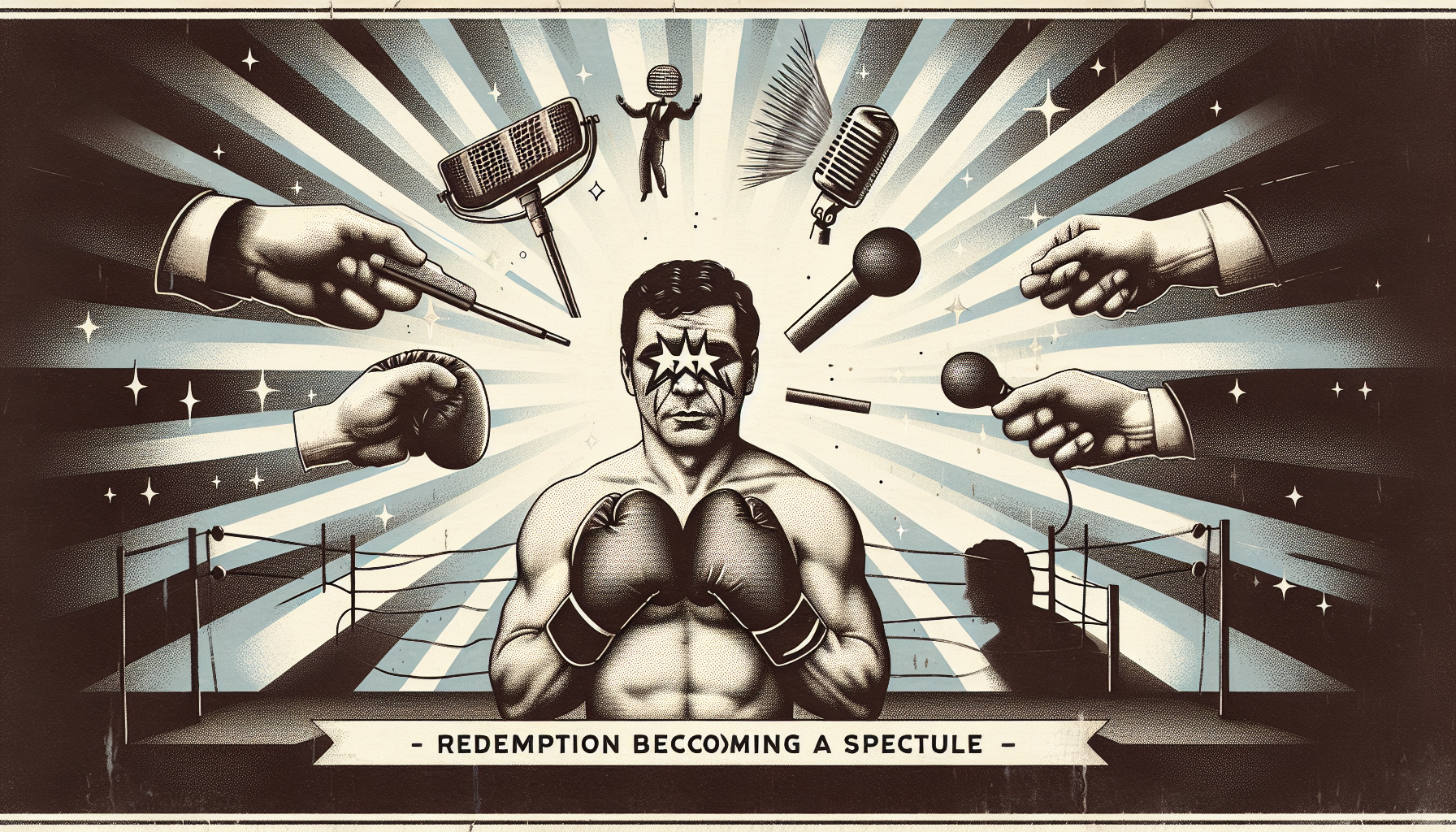Title: When Missiles Fall: Reflecting on the Israel-Iran Conflict—And What It Unveils About Us All
Dearest readers,
In times when the midnight silence is shattered by the echoes of missiles, and the digital screens flicker with breaking alerts of distant thunder over lands not our own, we often find ourselves grappling with an uncomfortable truth—war touches more than those within its immediate grasp; it reaches into the global psyche as well. This is precisely where stories from the volatile junction between Israel and Iran have placed us today.
Last week’s escalated conflict, eerily reminiscent of previous turbulent nights yet terrifyingly unique in its current state, warrants a pause—a moment for deeper reflection. We aren't just faced with the geographical realities of nations embroiled in strife; we're confronted with insights that speak volumes of our collective human condition in these fragile times.
In the Heart of Crisis: Cities Caught in the Crossfire
As dusk fell on June 14, 2025, news outlets buzzed with reports of fresh conflict slicing through the Middle Eastern horizon. The reciprocal offense saw ballistic missiles tearing through the night sky above Tel Aviv, Jerusalem, and Tehran. The destruction was not just structural; homes were crumbled, lives shattered. Three Israeli civilians lost their immediate futures amidst dozens more teetering on the edge, marked by injuries that would continue to narrate stories of resilience—or despair.
But beneath these headlines lies an undeniable reality: in the exchange of artillery, civilians on both sides are bearing the brunt. Iran, retaliating for reported Israeli strikes on its nuclear sites, claimed the lives of 78 souls, most of whom were civilians, not soldiers or strategists—but ordinary individuals enmeshed in the fabric of everyday life.
Beyond Borders: Our Global Connection
We often view conflicts like these through the narrow lens of geopolitical strategy and international diplomacy. Yet, when viewed through a broader, more humane perspective, each missile becomes less a military tool and more a stark reminder of shared vulnerability. It underscores an overarching truth: boundaries of empathy must extend beyond borders.
While words from politicians breach globally broadcast screens, the quieter, often unnoticeable dialogues — the ones between humanitarian aid workers, healthcare responders, and families in tear-soaked embraces—are where the human impact of conflict resounds the loudest. The cameras may swiftly move on, focusing their lens elsewhere, but the emotional and communal scars linger indefinitely.
Stories of Togetherness Amidst the Divide
This spiraling crisis calls upon us, not just to witness but to act on a deeper level of understanding. From shining tongues of fire emerges a call—a call for communal empathy, for unyielding solidarity that defies the destructive rifts. In the midst of these harrowing nights, whispers of hope are carried by those who rush toward explosions with outstretched hands, not in defiance but in defiance of destruction.
Such acts breathe life into a profound question: amid the turmoil of war, can we collectively cultivate a culture where compassion and unity become the most potent force, pushing against the divisive narrative of conflict?
While political narratives often dictate degrees of separation—annotating maps with everchanging degrees of 'us' versus 'them'—these shared human stories forge a different path, one paved by empathy, not enmity.
The Moment Ahead
As we take in this ongoing narrative of conflict between Israel and Iran, it's vital to recognize the broader lessons sown within the chaos. The true resolution, perhaps, doesn't lie purely in ceasefire agreements or geopolitical treaties. Still, in how we, as a global community, choose to respond—in how steadfastly we commit to hearing the quieter stories, the voices of everyday individuals seeking peace amidst the cacophony of war.
It’s an invitation to nurture a world where lines on maps mean less, and the shared threads of humanity weave stronger bonds. Let us remember the depth of this interconnectedness as we move forward—one informed by honor, mutual respect, and a recognition that peace, though fragile, is always worth striving for.
Yours in reflection and hope,
A Seeker of Global Understanding

